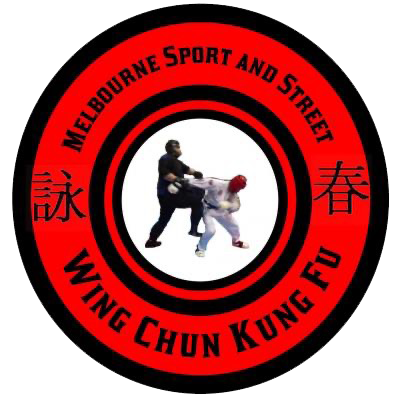Wing Chun for Law Enforcement and Security: Developing Tactical Skills and Awareness
By Maurice Novoa a master under the Yuen Kay Shan, Ip Man and Pan Nam lineages.
Introduction:
In the realm of law enforcement and security, the need for effective self-defense and tactical skills is paramount. Wing Chun, a Chinese martial art renowned for its practicality and efficiency, offers valuable tools and training for individuals in these fields. As an experienced martial arts instructor with over 30 years of experience in this martial art, I have had the privilege of witnessing firsthand how this martial art can greatly benefit law enforcement professionals. In this article, we will explore how Wing Chun can help develop tactical skills, enhance situational awareness, and improve overall effectiveness in the line of duty.
The Practicality of Wing Chun for Law Enforcement
Wing Chun’s focus on practical techniques and efficient movements makes it an ideal martial art for law enforcement professionals. Unlike some traditional martial arts that rely on high kicks or elaborate forms, this style emphasizes close-quarters combat and real-world applicability. Its techniques are designed to neutralize threats quickly and efficiently, making it well-suited for law enforcement scenarios where split-second decisions can mean the difference between success and failure.
Developing Tactical Skills
One of the key benefits of Wing Chun for law enforcement is the development of tactical skills. The training emphasizes situational awareness, quick reflexes, and the ability to adapt to dynamic environments. Through extensive drills and partner exercises, practitioners learn how to effectively control and redirect an opponent’s force, gaining an advantage in close-quarters confrontations. The training also focuses on understanding angles, footwork, and body positioning, which are crucial elements in tactical operations.
Enhancing Situational Awareness
Law enforcement professionals often find themselves in high-pressure situations where the ability to assess and respond to threats quickly is critical. Wing Chun training enhances situational awareness by training practitioners to maintain a calm and focused mindset, even in chaotic environments. Through drills and sparring, practitioners develop the ability to read an opponent’s intentions, anticipate movements, and make split-second decisions, all while keeping a broader perspective on the surrounding environment.
Wing Chun for Crowd Control and Security

In addition to individual self-defense skills, Wing Chun also plays a significant role in crowd control and security operations. Due to my experience in Wing Chun, I have had the opportunity to work in some of the largest music festivals in Australia, including the Falls Festival, where I provided emergency response to fights and other critical situations. The style’s practical techniques and efficient movements allowed me to effectively handle and diffuse potential conflicts, ensuring the safety of both staff and attendees.
Application in the Security Industry
Wing Chun’s effectiveness in the security industry extends beyond individual skills. Through my work in Melbourne’s biggest nightclubs, I have witnessed firsthand how Wing Chun can play a pivotal role in security and crowd control. The reputation of my Wing Chun mastery has enabled me in bringing large teams of Tongan and Samoan security guards, renowned for their size and strength, it has helped maintain order and ensure the safety of patrons. The combination of Wing Chun techniques and the physical presence of these security guards creates a powerful deterrent and reinforces the importance of training in this martial art.
Benefits for Law Enforcement Professionals
Law enforcement professionals who train in Wing Chun can reap numerous benefits in their line of work. Some key advantages include:
1. Confidence and Presence:
Wing Chun training instills a sense of confidence and presence, which can be highly effective in diffusing tense situations and maintaining control. The calm and assertive demeanor developed through training can help de-escalate potentially volatile encounters.
2. Physical Conditioning:
Wing Chun training enhances physical fitness, strength, and endurance, enabling officers to perform their duties effectively for prolonged periods. The rigorous training routines improve cardiovascular health, flexibility, and overall physical well-being.
3. Stress Management:
The demanding nature of law enforcement can result in high levels of stress. Wing Chun offers an outlet for stress release, promoting mental and emotional well-being. The focus and discipline required during training sessions can help officers manage stress effectively, leading to improved performance on the job.
Conclusion:
The Style provides law enforcement professionals with practical and effective tools for self-defense, tactical skills development, and enhanced situational awareness. Its emphasis on efficiency and adaptability makes it an ideal martial art for those working in high-pressure and unpredictable environments. By incorporating Wing Chun into their training regimen, law enforcement professionals can improve their abilities, increase their confidence, and better serve and protect their communities. The combination of practical techniques and its holistic approach to self-defense make the style a valuable asset for those interested in learning and applying this martial art in the field of law enforcement.

